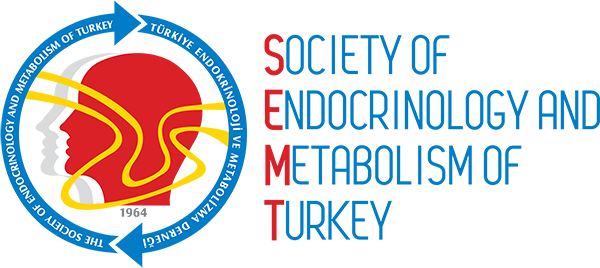ABSTRACT
Resistance to thyroid hormone (RTH) is an inherited syndrome characterized by reduced responsiveness of target tissues to thyroid hormone. It is usually first suspected due to findings of high serum free thyroxine (T4) and free triiodothyronine (T3) concentrations and normal or slightly high serum thyroid-stimulating hormone (TSH) concentrations. Herein, we report a 37-year-old woman presented with anxiety and sleeplessness. She was found to have elevated free T3 and T4 plasma concentrations without goiter, unsuppressed TSH and pituitary microadenoma. Thus, we performed tests for differential diagnosis between TSH-secreting pituitary adenoma (TSHoma) and RTH. The patients with inappropriate TSH secretion caused by RTH or TSHomas are misdiagnosed and incorrectly treated. Current diagnostic strategies suggest that RTH patients are distinguishable from patients with TSH-secreting pituitary tumors by the use of standard laboratory tests and imaging. Here, we present a woman in whom the standard evaluation for inappropriate TSH secretion was insufficient to distinguish these entities.



.png)
.png)